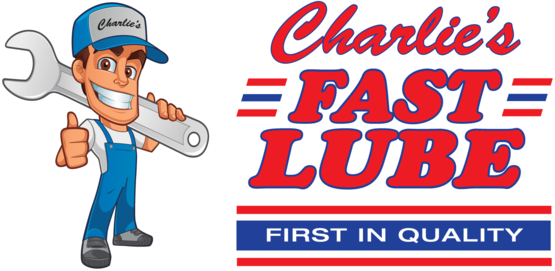Always on Guard (TMPS)
March 24, 2024
One of the most important things you can do to keep your vehicle running safely is to make sure your tires are properly inflated. If one or more is vastly over- or underinflated, that has the potential to cause major handling problems and may result in a dangerous accident.
All vehicles in recent years are equipped with Tire Pressure Monitoring Systems, or TPMS. One system uses small sensors in the tires that continually check the pressure in each tire. That sensor sends a signal to computers in your vehicle which turns on an instrument panel light warning of low pressure when at least one is very low. Or it may update a numeric reading on your instrument panel which gives you an approximation of how many PSI (pounds per square inch) of air is in each tire.
Another system works with your antilock brake system to measure the size of your vehicle’s tires. When one wheel is going faster than another, it will spin faster. A computer sees that and alerts you that tire’s diameter is smaller than the others and therefore must be underinflated.
No matter what system you have, it’s also helpful for you to know how much pressure each tire is supposed to be inflated to. You can find that on a label on the driver’s side door sill. In addition, the TPMS system should not be used as a substitute for checking your tires with a tire gauge since the TPMS accuracy usually isn’t quite as precise. Keep in mind that tire sensors can fail, so each system acts as a backup for the other.
Since many vehicles these days don’t have spare tires, it’s good to know that your TPMS can warn you if you have a leak in one of your tires. If you get a low-pressure warning, many systems will tell you which tire is low, so you can do your own visual check. Often you can see if you’ve picked up a nail or a screw if it’s sticking out of the tread or near the sidewall.
Being able to receive an early warning from your vehicle of abnormal tire pressure may give you a chance to safely drive to a service center before your tire slowly goes completely flat (which can ruin the tire and badly damage the rim). It also may ultimately prevent you from being stranded somewhere with a flat tire or, most importantly, having a sudden blowout on the road.
Charlie's Fast Lube Dexter
414 N 1 Mile Rd.
Dexter, Missouri 63841
573-614-7886
https://charliesfastlubedexter.com
Need Service?
More articles from Charlie's Fast Lube Dexter

Wired! (Battery Cable Service)
January 25, 2026
Colder weather brings out the worst in a vehicle's battery. On a very cold day, you may have experienced that your engine cranks slowly when starting. But while it may be the battery itself, it may also be the parts that transfer the power to other the other electrical components, the battery c... More

Cool Running (Water Pump)
January 18, 2026
Your vehicle is like you in a way. When it gets hot, it needs to be cooled down. And one of the key parts to keeping it cool is the water pump. Now, that's a bit of a misnomer. It IS a pump, but it's pumping coolant, not pure water. Cooling off your engine is vital since it builds up heat whe... More

I Had No Idea! (Four Things You Didn't Know About Vehicles)
January 11, 2026
Bet you didn't know: Some of the earliest rearview mirrors were marketed as "Cop Spotters" so drivers would know when police were following them. Who wants a ticket, anyway? According to eBay Motors, Elmer Berger first patented a rearview mirror that was mounted on the front fenders, on the spare... More










